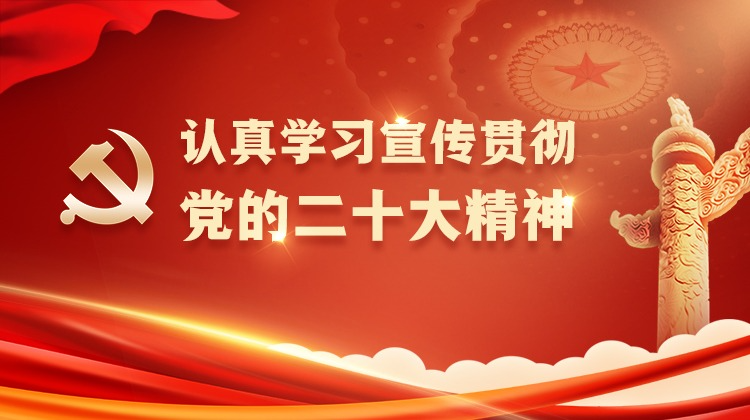
A video on Spring Festival is played during the 19th session of the Intergovernmental Committee for the Safeguarding of Intangible Cultural Heritage in Asuncion, Paraguay, Dec. 4, 2024. (Xinhua/Zhu Yubo)
Earlier this month, UNESCO inscribed the Spring Festival, a social practice of the Chinese people celebrating the traditional new year, on the Representative List of the Intangible Cultural Heritage of Humanity. This recognition highlights the festival's cultural significance not only for China but also for its growing global impact as a vital cultural connection across nations.
UNESCO's decision, made during the 19th session of the Intergovernmental Committee for the Safeguarding of the Intangible Cultural Heritage held from Dec. 2-7 in Paraguay, reflects the widespread international appreciation of the Spring Festival's deep cultural values. The listing underscores the festival's rich traditions, including family reunions, the honoring of ancestors and various public celebrations that span communities both in China and abroad.
Professor Xiao Fang, head of the Department of Anthropology and Folklore Studies at Beijing Normal University, described the Spring Festival's listing as a significant milestone for the global recognition of Chinese culture. He noted that the lengthy and intricate application process for UNESCO recognition, which took place from 2023 to 2024, demonstrates China's commitment to preserving its cultural heritage. Meanwhile, the successful inclusion of the Spring Festival highlights the international community's acknowledgment of its importance.
Prominent professor of folklore Li Hanqiu emphasized the festival's cultural depth, noting that the Spring Festival is much more than a time of celebration; it embodies the core values and spiritual pursuits of the Chinese people. He stated that the festival's global spread not only strengthens recognition of Chinese culture but also serves as a model for integration and dialogue between different cultures worldwide.
The voices of ordinary citizens also reflect the deep cultural and emotional significance of the Spring Festival. Zhang Haodong, a local Beijing resident, shared that the Spring Festival is a time for family reunions and cultural continuity. He explained that whether it is enjoying the reunion dinner, attending temple fairs or watching the Spring Festival Gala, these traditions are not just about the holiday itself but about preserving cultural memories. He further expressed pride in the global recognition of the festival, saying that its worldwide celebration enhances the pride of Chinese people in sharing their culture with the world.
Johanna van der Kamp, a biomedical researcher from the Commonwealth Scientific and Industrial Research Organization (CSIRO) Australia, spoke about the festival's importance in her country's multicultural landscape. She explained that the Spring Festival has become an integral part of Australia's multicultural community, with various community events and educational programs fostering an appreciation for Chinese culture while strengthening the emotional ties between China and Australia.
Van der Kamp also shared her personal experiences with the Spring Festival. "I have hosted Chinese exchange students for many years, and we celebrate the Spring Festival together," she said. "This has made me realize that the festival is not just a holiday; it is a bridge connecting hearts and an important means of fostering international understanding." She believes the festival's recognition by UNESCO highlights global cultural diversity and injects new vitality into international cultural exchange.
However, as the Spring Festival continues to globalize, challenges remain in balancing commercialization with the preservation of traditional cultural values. Van der Kamp emphasized the importance of maintaining the festival's traditional essence while adapting it to modern contexts. She noted that to ensure the Spring Festival's continued global influence, it is essential to protect its core traditions while innovating so that it remains relevant to contemporary audiences.
The successful inclusion of the Spring Festival on UNESCO's list of intangible cultural heritage serves as a significant manifestation of China's cultural soft power in the globalized era. From China to the world, the festival's unique charm is fostering a vision of a shared global future. This recognition not only strengthens China's cultural identity but also serves as a bridge for promoting global cultural exchange, offering new insights into humanity's diversity and collective future.







 新华报业网
新华报业网














 Android版
Android版
 iPhone版
iPhone版




